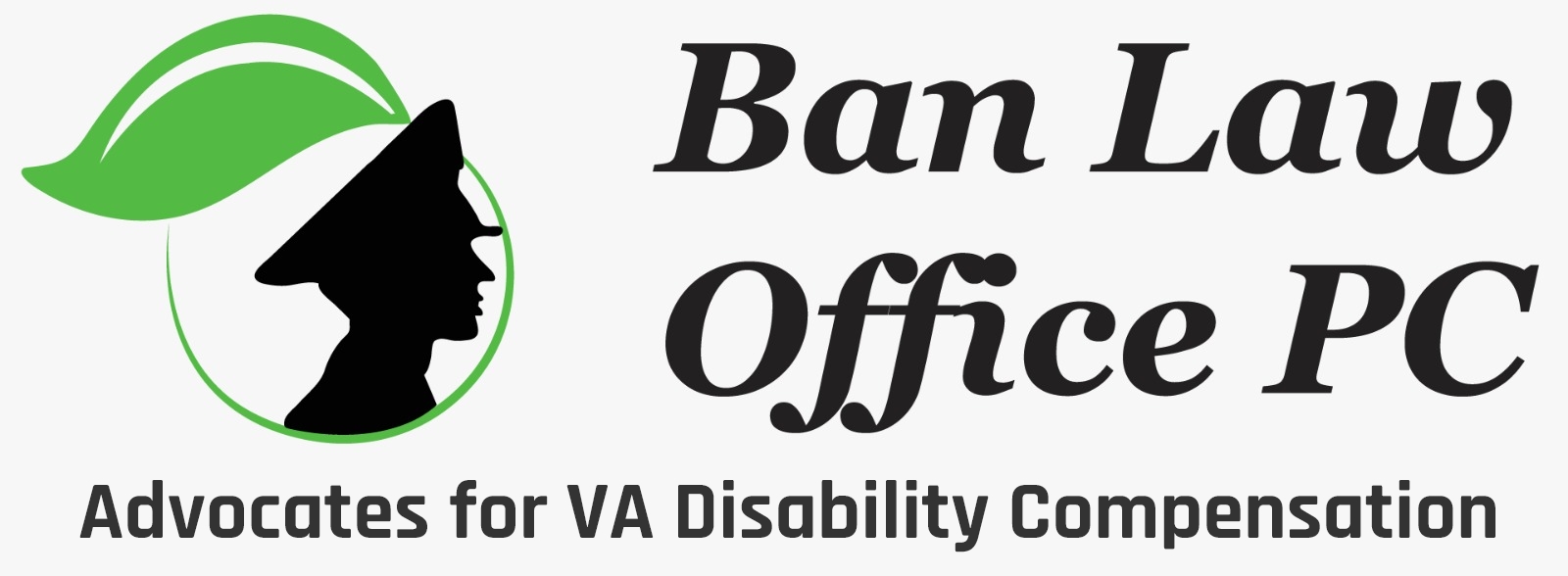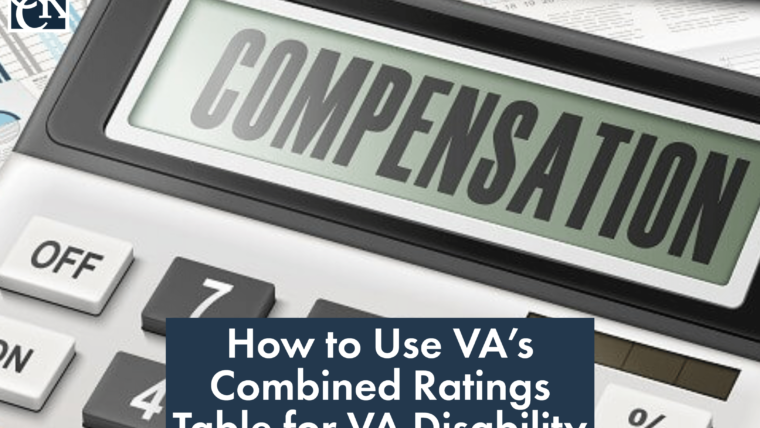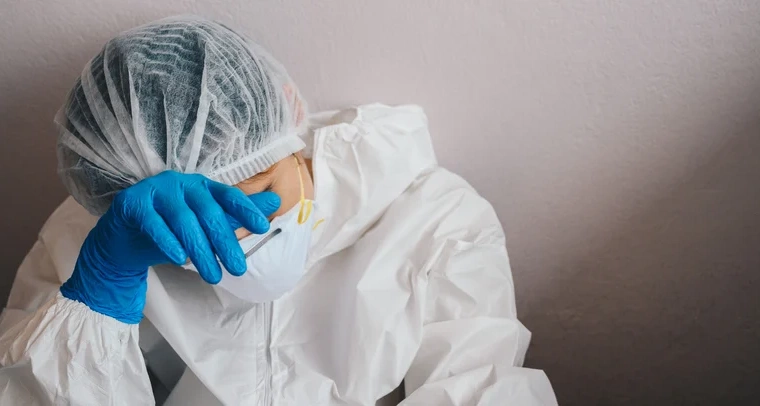Under Total Disability Individual Unemployability or TDIU, the VA pays 100% compensation to veterans who are unable to maintain substantially gainful employment either permanently or temporarily because of service-connected disabilities, even if their actual combined rating is less than 100%.






